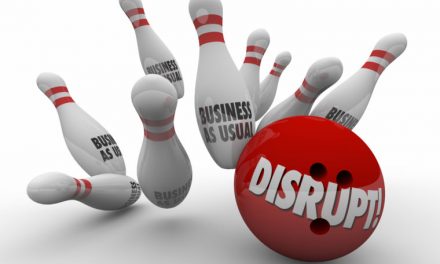Non Fungible Tokens, also known as NFTs, are one of the big breakout web3.0 technologies. As things stand, art has been the main use for the unique tokens of ownership. However, it’s not the only use for them. In fact, NFTs are proving to be useful for more than artwork and proving to be useful in solving everyday problems we face. So if you thought NFTs were just about art, this article might help open your mind a little about the possibilities of this web 3.0 technology.
NFTs
A non-fungible token is a digital representation of a unique asset that cannot in itself be traded for or exchanged with a similar non-fungible token. This means an NFT is unique and there is none other similar to it i.e. no two NFTs are the same. Basically, NFTs allow people the ability to digitally assume or give ownership, to manage, gain or give permissions, and or transfer assets
This is a definition of NFTs, which you can read in an article we published earlier on the NFT craze. As you can see, NFTs are immutable rights of ownership and the real-world example that I like to use are land title deeds. No two pieces of land are the same, and neither are their title deeds. Unlike title deeds, NFTs operate on a blockchain, an open digital ledger system that connects members of a network. With that in mind, let’s take a brief look at some interesting projects that NFTs are being used in around the world.
Air tickets
If you think about it, air tickets, for the most part, are unique and their ownership is certainly unique. A flight on Air Zimbabwe from Harare to Johannesburg on seat 34 E is not the same as a flight from Johannesburg to Harare on seat 12 B. An Argentinian airline wants to start selling NFTs for plane tickets and this is a great use case for the technology.
Token gating
Token gating isn’t a use case for NFTs but rather an additional function that was added to NFTs to increase their utility. Similar to the way an airline ticket in the example above could give you access to business or first class as well as other benefits, token gating allows creators to add extras to NFTs available to holders. Shopify recently added support for token gating in their eCommerce shops.
Authenticity of products
Authenticity is important in many industries, but the fashion world is one of the easiest to capture its importance. Particularly in high fashion brands, which seemingly attract a higher price though they largely offer the same utility as similar articles from lesser brands. Fashion brands have started using NFTs to prove products’ authenticity, helping users easily identify counterfeits and knock-offs.
Real estate
I mentioned earlier how real estate title deeds are similar to NFTs so the application of NFTs to real estate was bound to happen. NFTs have another neat trick that makes them more apt for real estate: fractional ownership. A group of people can unite to break down land ownership via fractional NFTs. So they can buy and own land without the need to form another vehicle like a company or trust, which piles on additional costs.
ID/Medical records
Another thing we can relate to as being completely unique is identification documents and records. Applying NFTs to identification makes a lot of sense. The Identity document, whether national ID, Passport or driver’s licence, is unique to the individual and cannot be exchanged for another. Digital representations of Identity documents that are verifiable on a blockchain would certainly reduce, if not eliminate, ID fraud and theft.
Certificates
Just like identity documents, certificates are also unique to the holders and cannot be exchanged for other certificates. There have been many cases, particularly in academia, where certificates have been forged. Using NFTs to represent certificates on a blockchain would combat fraud in this area.
IP and patents
Intellectual property such as patents, copyrights and trademarks are just as unique as many other items mentioned earlier. Using NFTs to keep a record of intellectual property is an apt application for the technology. There are several projects working on using NFTs for intellectual property record-keeping purposes.
Supply chain
As the world moves to be more conscious about Environmental, Sustainability and Governance (ESG) issue authenticity of products becomes a lot more complex. One can acquire a product from an unfavourable source and pass it off as though it came from a desirable source. Using NFTs in supply chain management is one way to combat this and other problems experienced in the world when it comes to supply chains.
Voting
Votes, just like certificates, are unique. So NFTs could be used for voting, which is a very compelling use case. Allowing each eligible voter in an election to essentially create an NFT with their vote opens up NFTs for voting. Elections are often contested worldwide, including vote switching, ballot stuffing, and other questionable practices.
So as you can see, NFTs are more than just useful for art; with the projects being worked on, we could see this soon in our lives. As technology is in its infancy, we will surely see other use cases which we have not thought of in the near future.








